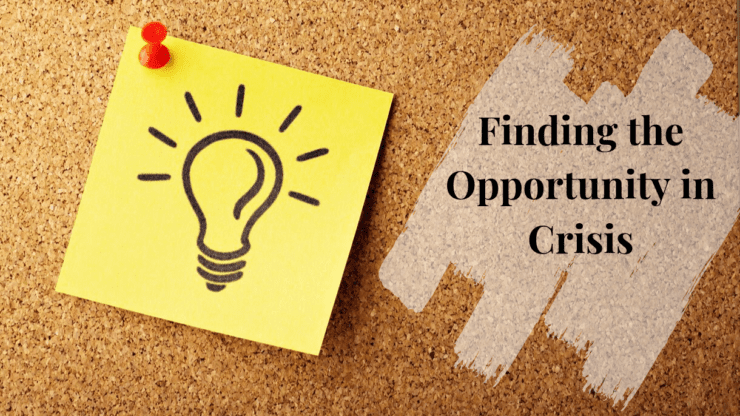When a crisis happens, it’s often a worst-case scenario realized. If a company has proactively prepared, the crisis strategy should be enacted, following each step and hopefully mitigating potential and long-term damage.
Because every crisis is different, once the dust has settled it’s a good practice to take stock and run through not only what happened, but what should happen moving forward to ensure that the company doesn’t find itself in the same or similar situation again.
Times of unrest offer openings for companies, including the opportunity to assess whether the right leaders are in place, whether there are other vulnerable areas that can be addressed, or whether a revamped response plan needs to be put in place (or in some cases, formalized all together).
Unfortunately, the post-crisis evaluation is one of the least understood and most skipped aspects of a crisis response.
Once the event is over its temping to not talk about it again and move on. However, that can be a big mistake.
The core crisis response group, along with any other individuals who were integral to the response, should set aside time to discuss. To start the evaluation process, begin by answering two questions:
-
Was there a way we could have predicted the crisis would happen?
-
Were there any indicators that were missed?
Answers to those two questions should form the road map for the remainder of the evaluation, which should also analyze how the response team performed. Additional questions to answer include:
-
What parts of the response went well? Which did not and how can they be improved?
-
What long-term effects may there be and how should they be addressed?
-
Are additional resources needed to move forward successfully?
-
What needs to change to ensure a similar crisis will not happen again?
The end of every post-crisis evaluation should include action items for the team involved. The opportunity in a crisis situation is that there is always room for improvement. Going through the process of post-crisis evaluation is the best way to ensure that the company is even more prepared for any future incidents.
Related Content
Why You Need A Crisis PR Agency
How to Pick A Crisis Pr Agency That’s Right For You
Posted In Crisis Communications

